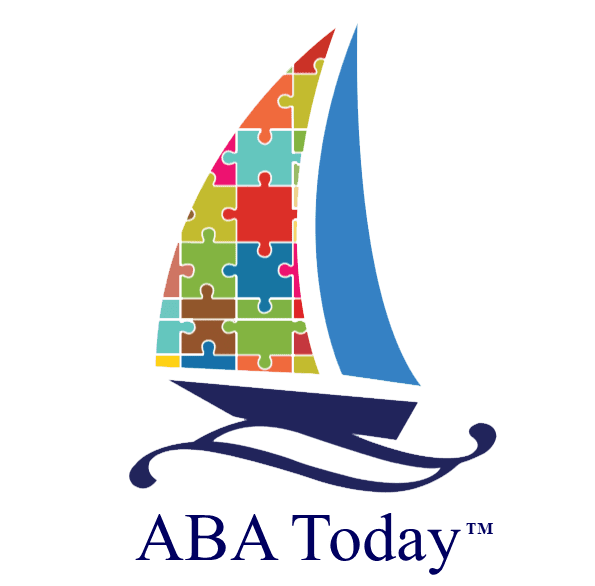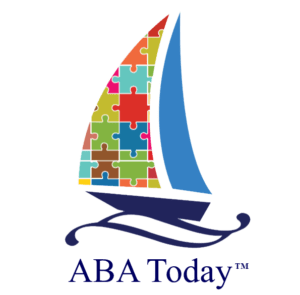What We Do
Our Board Certified Behavior Analysts meet the BACB’s requirements to provide supervised fieldwork hours for students looking to become eligible to take the Board exam. Contact us for rates and contracts.
Our Board Certified Behavior Analysts provide independent consultation to families, private schools, public schools, and other providers. We will develop individualized techniques and plans, train staff, and consult regularly to ensure treatment fidelity. Contact us for our private consultation rates.
Our Board Certified Behavior Analysts conduct functional behavior assessments and develop individualized plans for the treatment and management of problem behaviors.
Many children with autism benefit from 1:1 ABA therapy provided in their homes. In this model, trained therapists come to the student’s home to deliver instruction. The students have individualized treatment plans, with goals designed to improve their function in their home and community environment. Typically, student goals are directed toward gaining independence in daily living skills and communication skills, while decreasing problem behaviors. Parents and siblings are usually involved in the therapeutic process and receive training from a Board Certified Behavior Analyst.
Therapists are supervised regularly by a BCBA, who monitors student progress and makes adjustments to the treatment plan and therapeutic interventions as necessary. In addition, therapists receive training from the BCBA on-site, while they work directly with your child. This time with a BCBA is valuable for the therapist, who learns through modeling, practice, and immediate feedback, how to best teach your child.
Data is collected on your child’s responses daily. That progress is shared with you at your request, or at scheduled Clinic meetings. Collecting data ensures that progress can be meaningfully tracked and that adjustments can be made to programming immediately. Having therapy in your home is convenient, cost-effective, and allows you the opportunity to observe highly trained therapists and clinicians working with your child in a comfortable environment.
Our clinicians conduct skill-based assessments from which treatment plans are designed. Some of the assessment tool that our multi-disciplinary team uses are:
If any member of your professional team has recommended one of these assessments for your child, contact us to schedule an appointment.
Not sure if ABA therapy is right for your child? Perhaps you just have some questions about what treatment looks like, how to get insurance funding, what the prognosis is, or how ABA therapy will fit into your busy life. You don’t need to commit to ABA therapy without having all of your questions answered. We offer free consultations so that you can be informed about all of your options prior to choosing ABA therapy. We can conduct consultations in your home or in our office. Contact us to set up an appointment today!
Groups & Workshops
We host regular social skills groups for children and teens with autism spectrum disorders or other diagnoses that affect their ability to engage socially with peers. These groups are hosted around activities that are popular and age-appropriate, so that social interactions occur around a natural and enjoyable activity, rather than around contrived and “stiff” situations. Specially-trained therapists and speech-language pathologists moderate the social groups and work with group members to develop specific skills.
Social groups are designed on the premise that social skills that are largely “intuitive” to typical children can be taught to children with disabilities or social skill deficits. Our groups can benefit children and adolescents who:
Our regularly scheduled groups are advertised on our website, Facebook, and Twitter accounts. We also have rolling admissions into other long-term groups that are designed around the specific needs of the children who register. If you feel that your child could benefit from a social skills group, but have not seen one advertised that fits his or her needs, contact us. We will pre-register your child for a social skills group, and begin the group on a rolling basis when there are enough children enrolled.
The themes of our social skills groups are carefully chosen to attract the interest of kids with and without disabilities. Your child will have the opportunity to interact with typical peers from their class or their neighborhood under the watchful eye of carefully trained therapists. These therapists can facilitate social interactions so that they are enjoyable for your child and his or her peers, and are also a learning opportunity for each. Peer models can be a valuable resource for your child as he learns to navigate the social world around him. In addition to these less structured times that your child can interact with peers, he will also have the opportunity to role-play and learn the skills in a controlled setting before and after the social group.
Social Skills Groups may be funded through private insurance, community-based funding sources, or through an affordable private-pay agreement. Contact us to find out if your insurance covers our Social Skills Groups.
For more information on how peer models can help your child, see our section on Social Coaches.
From the initial referrals for evaluation to the diagnosis, treatment, and ongoing planning, an autism diagnosis can be a rollercoaster for families. Knowing that other families have been there and done that can really help to keep parental stress in check. We offer support groups and parent meetings, where parents can get together in an informally-moderated forum to discuss their struggles and their successes. These meetings are not limited to families that we serve; they are open to all families impacted by autism in the greater community.
Parents, advocates, educators, and others from the autism and developmental disabilities community are invited to use our space to host informational meetings that will further develop the support network for families affected by disabilities in New Hampshire. To coordinate a support group or informational meeting, email us.
Requests for parent support groups and meetings about a specific topic can be sent to [email protected]. When we receive a request for a group tailored to a specific topic or issue, we will help you to locate the right resources to make that group possible.
Occasionally, we will host parent workshops where specific techniques will be taught to parents in an interactive format. You may be able to practice managing problem behaviors, avoiding problem behaviors during transitions, getting your child to eat, or helping your child to communicate. These workshops will be conducted by a BCBA, BCaBA, or a highly qualified graduate student.


